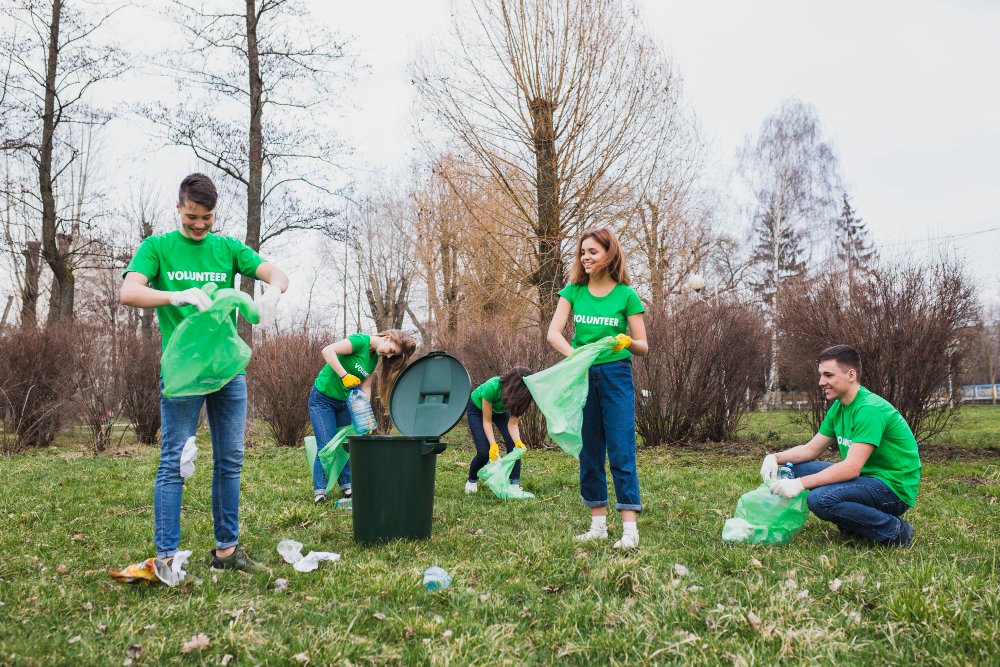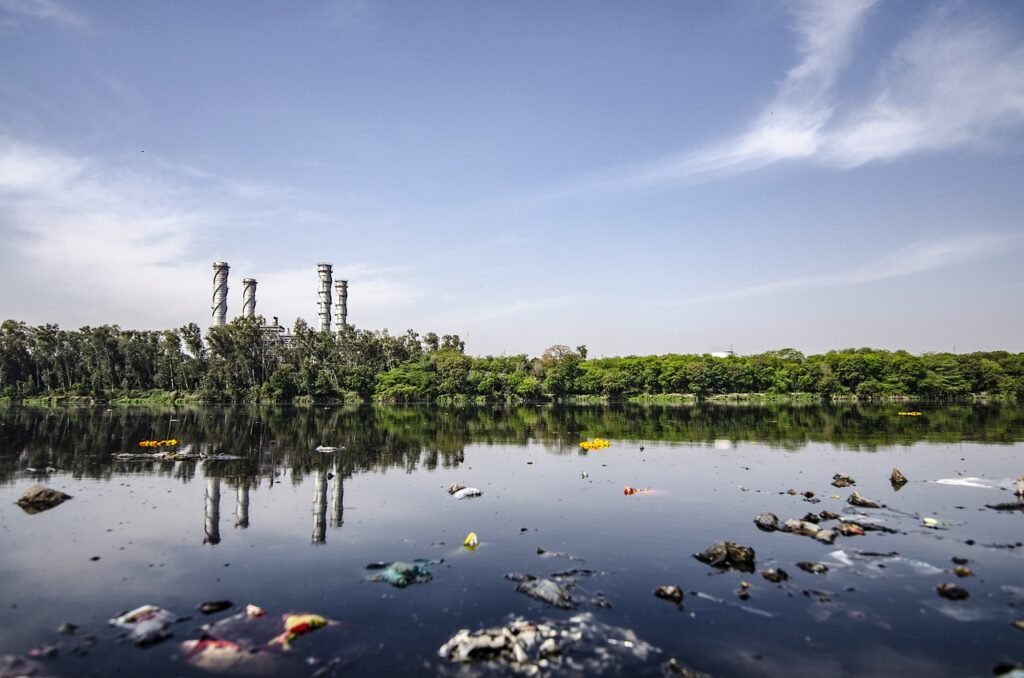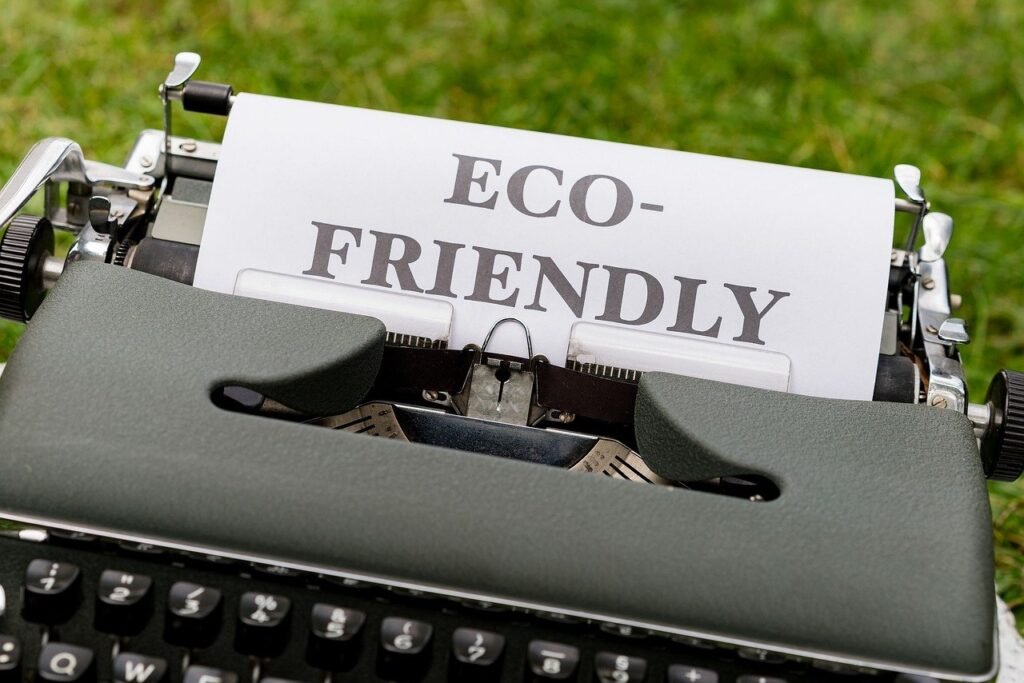Water pollution is a pressing environmental issue that affects ecosystems, wildlife, and human health around the world. From industrial discharge to agricultural runoff, various sources contribute to the contamination of our waterways, threatening the quality of drinking water and aquatic habitats. However, each of us can play a part in mitigating water pollution through simple yet impactful actions in our daily lives. In this blog post, we’ll explore ten practical ways you can help reduce water pollution and protect our precious water resources.
1. Properly Dispose of Hazardous Materials:
Many household products contain chemicals that can be harmful to the quality of water if disposed of improperly. Avoid pouring motor oil, paint, cleaning agents, and other hazardous materials down the drain or into storm drains. Instead, dispose of these items at designated collection centers or hazardous waste facilities to prevent them from contaminating waterways.
2. Minimize Chemical Use in Landscaping:
Pesticides, herbicides, and fertilizers used in landscaping can leach into groundwater or runoff into nearby streams and rivers, causing water pollution. Consider alternative methods such as integrated pest management, organic gardening practices, and using natural fertilizers to maintain your lawn and garden without harming water quality.
3. Properly Dispose of Pet Waste:
Pet waste contains harmful bacteria and pathogens that can contaminate water sources if not disposed of properly. When walking your pet, always carry a bag to collect waste and dispose of it in a trash bin. Avoid allowing pet waste to wash into storm drains, as it can end up in rivers, lakes, and oceans, posing a risk to aquatic life and human health.
4. Reduce Plastic Use:

Plastic pollution is a significant contributor to water pollution, as plastic debris can persist in the environment for hundreds of years, releasing harmful chemicals and endangering marine life. Minimize your use of single-use plastics such as bags, bottles, and straws, and opt for earth friendly packaging. Properly dispose of plastic waste to prevent it from entering waterways and harming aquatic ecosystems.
5. Practice Responsible Boating and Fishing:
Recreational boating and fishing can have unintended consequences for water quality if not conducted responsibly. Avoid spilling fuel or oil into the water, and properly dispose of fishing line, bait containers, and other waste to prevent the entanglement of marine life. Follow local regulations and guidelines to ensure that your boating and fishing activities have minimal impact on water quality and aquatic habitats.
6. Support Sustainable Agriculture:
Agricultural runoff is a significant source of water pollution, as pesticides, fertilizers, and sediment can wash into rivers and streams, degrading water quality and harming aquatic ecosystems. Support farmers who practice sustainable agriculture methods such as crop rotation, cover cropping, and integrated pest management, which minimize the use of chemicals and reduce runoff pollution.
7. Conserve Water:
Conserving water not only helps reduce the demand on freshwater resources but also minimizes the amount of wastewater that requires treatment before being discharged back into the environment. Fix leaky pipes, install water-saving fixtures and appliances, and practice water-efficient habits such as taking shorter showers and watering your lawn and garden during the cooler parts of the day.
8. Participate in Community Clean-up Efforts:

Volunteering for community cleanup events is a tangible way to make a positive impact on water quality in your local area. Joining forces with neighbors, community groups, and environmental organizations to remove litter and debris from beaches, riversides, and other waterways helps prevent pollution and restores the beauty of natural landscapes for everyone to enjoy.
9. Support Water Conservation Policies:
Advocate for policies and regulations that promote water conservation, protect water quality, and hold polluters accountable for their actions. Stay informed about local and national water issues, participate in public hearings and meetings, and voice your support for measures that prioritize the health and sustainability of our water resources.
10. Educate Yourself and Others:
Knowledge is a powerful tool in the fight against water pollution. Take the time to educate yourself about the sources and impacts of water pollution, as well as the solutions available to address it. Share information and resources with friends, family, and community members to raise awareness and inspire collective action in support of clean water for all.
Conclusion:
Water pollution is a complex and multifaceted problem that requires collective action from individuals, communities, governments, and industries. It is important to recognize that our actions not only impact local waterways but also contribute to the global challenge of water pollution. Pollution knows no boundaries, and contaminants can travel far distances through interconnected water systems, affecting ecosystems and communities worldwide. Therefore, every effort to reduce water pollution, no matter how small, has far-reaching implications for the health of our planet and its inhabitants. By implementing these ten simple strategies in our daily lives, we can all contribute to the protection and preservation of our precious water resources for current and future generations.
So let’s join hands and take meaningful steps to reduce water pollution today for a healthier, more sustainable tomorrow. Together, we can ensure that clean water remains a fundamental human right and a cornerstone of life on Earth.


